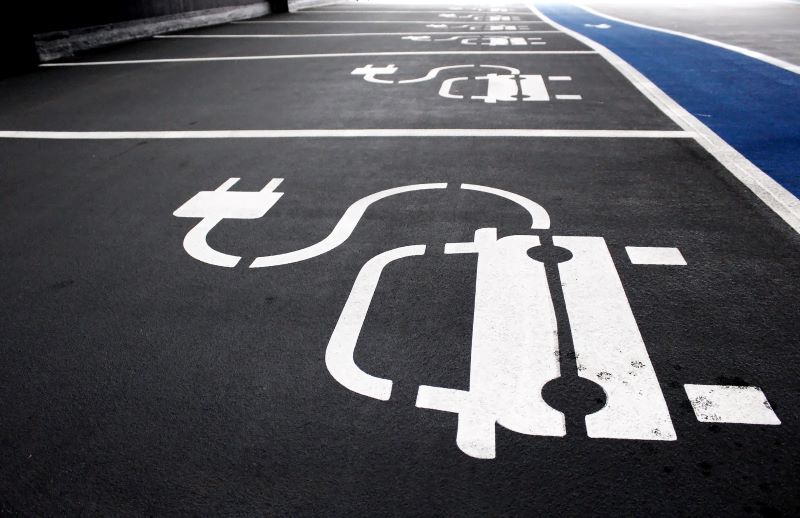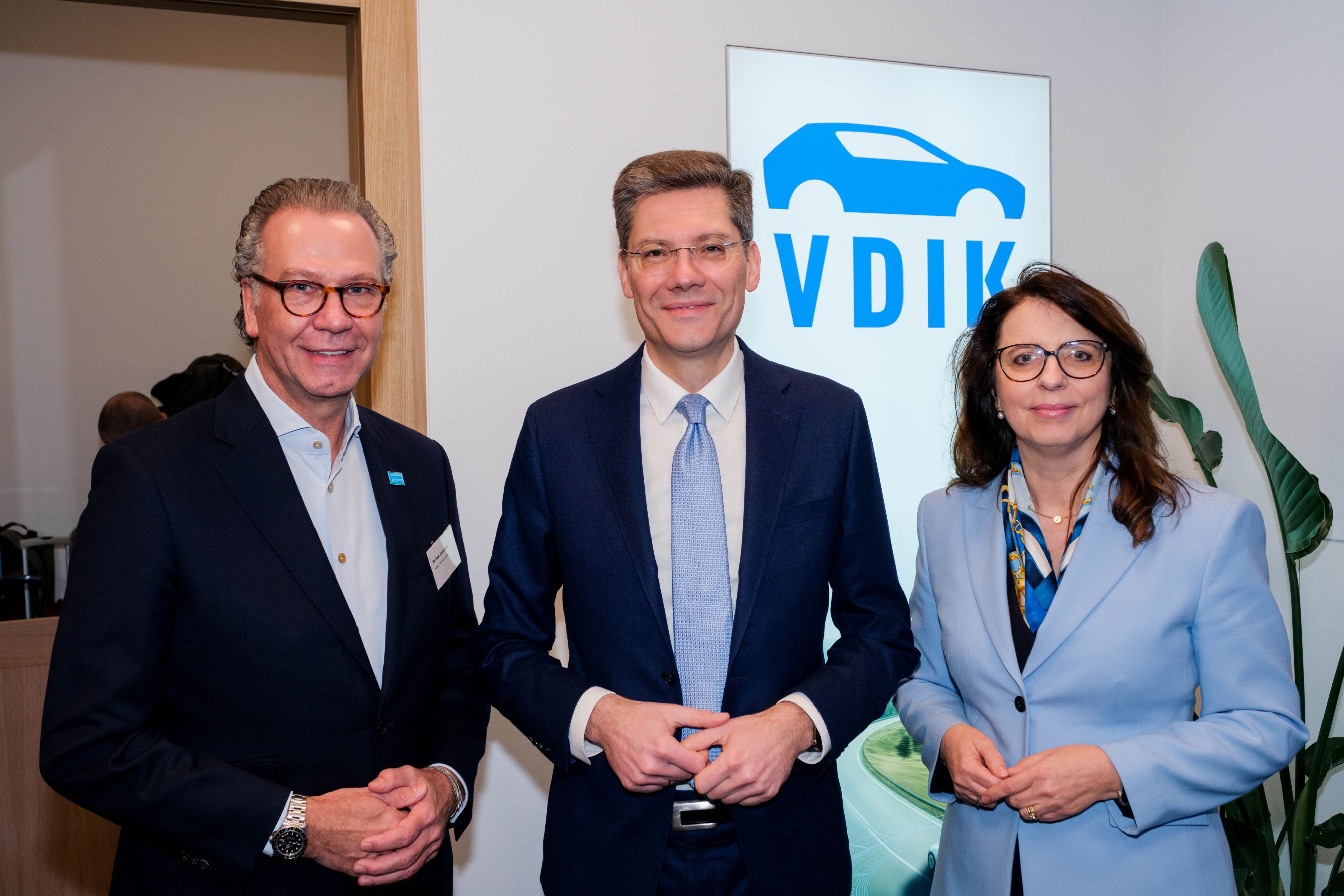The Association of International Motor Vehicle Manufacturers (VDIK) had hoped that the coalition agreement between the CDU, CSU and SPD would provide more concrete and direct impetus for electromobility. The desired impetus will not come immediately. Instead, the coalition agreement remains vague on the scope and implementation of the planned measures. This will initially lead to further uncertainty and reluctance to buy among e-car customers, and the urgently needed ramp-up of electromobility will be postponed.
Although a wide range of possible support measures for electric vehicles is promised, the scope and time horizon remain vague, which means that customers will have to wait and see. As a result, the flexibilization of CO2 fleet limits is also in danger of losing its effect. In addition to the challenges posed by the transformation and the problems caused by the US tariffs, the automotive industry is therefore under additional pressure.
“It is true that the parties have mentioned a wealth of possible support measures for the ramp-up of electromobility. However, the VDIK would have liked to see much more concrete and quantifiable measures. The proposals in the coalition agreement are based on target-oriented intentions, but at the moment it is not clear whether, when and to what extent these measures will take effect. As a result, the vague proposals put purchasing decisions on hold,” says VDIK President Imelda Labbé.
The VDIK welcomes the intended creation of framework conditions, such as the accelerated expansion of the nationwide and demand-oriented charging network and the bringing forward of the review of the CO2 reduction targets for heavy commercial vehicles. The exemption from vehicle tax for electric cars until 2035 and the exemption of zero-emission trucks from tolls beyond 2026 as well as the promotion of plug-in hybrid technology (PHEVs) are also to be welcomed. However, this is not enough for the drive turnaround.
“The future governing parties leave open what long-term and stable framework conditions could look like in concrete terms and fail to provide a binding transformation plan. In reducing electricity prices by five cents per kWh without a clear time horizon, the coalition agreement does not go beyond the original proposal. This means that the price of electricity in Germany will remain disproportionately high. However, affordability in particular will ultimately decide whether consumers can and want to switch to climate-neutral drives as quickly as possible,” continued Labbé.
In terms of bureaucracy and regulation, the planned comprehensive dismantling is logical. It will depend on the proposals and their implementation in detail.
Above all, however, the new German government must now provide clarity very quickly in order to vigorously counter the reluctance to buy.





